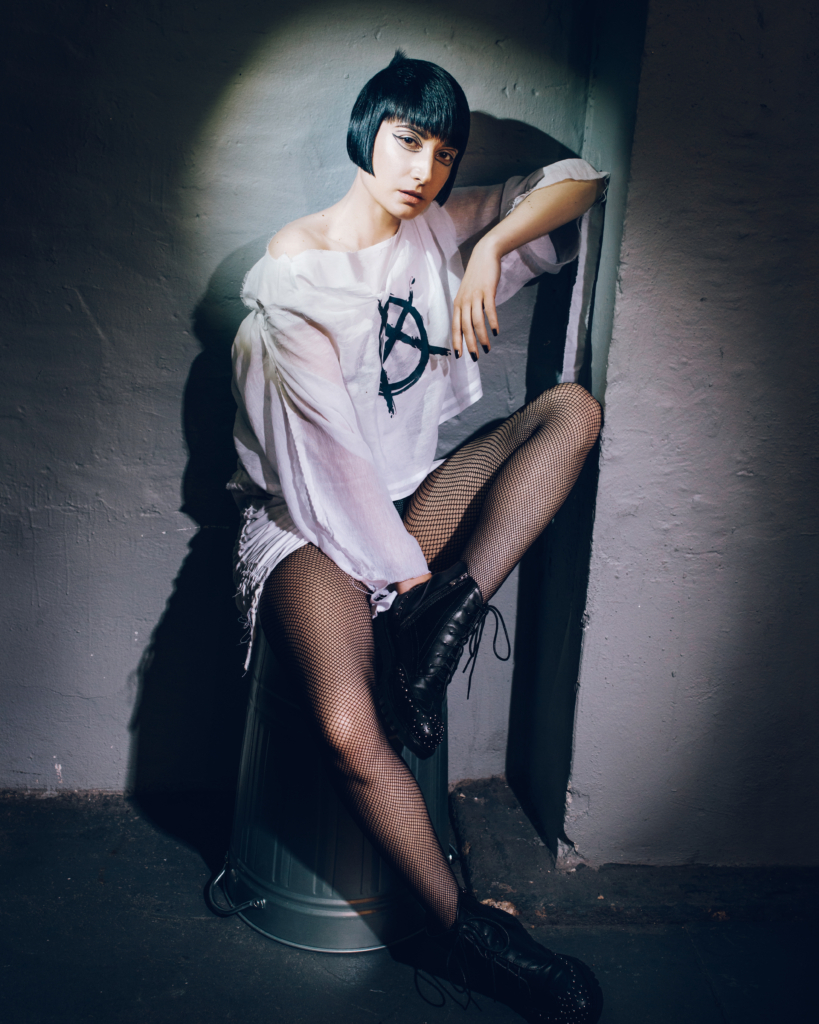Punk subculture is filled with stories of rebellion, innovation, and influence, but few are as impactful as the story of the British punk scene in the late 1970s, particularly with an emphasis on the rise of the Sex Pistols and the cultural changes they sparked.
Managed by Malcolm McLaren, who was as much a provocateur as he was a manager, the band became the face of a youth movement disillusioned by Britain’s socio-economic state.
At the time, Britain was experiencing high unemployment, social unrest, and a sense of stagnation among young people. The punk subculture, with its DIY ethic, embraced simplicity in music and fashion as a form of resistance against the status quo and the extravagance of prog rock and disco that dominated the era. Punk was more than just music; it was an attitude, a way of life that advocated for individual freedom, anti-government views, and direct action.
The music, characterized by its simplicity, speed, and aggression, was paired with their fashion, which included ripped clothing and provocative messages, largely popularized by designer Vivienne Westwood and McLaren’s London sex shop.
The legacy of punk remains significant. It demonstrated how culture can be a tool for critique and change, influencing not just music but also fashion, art, and politics. The story of punk is a testament to the power of cultural movements to reflect and shape social values, leaving a lasting impact that transcends its moment in time.




